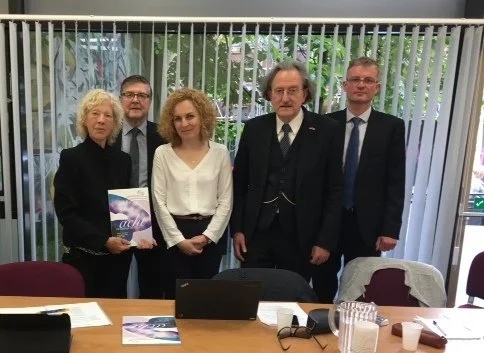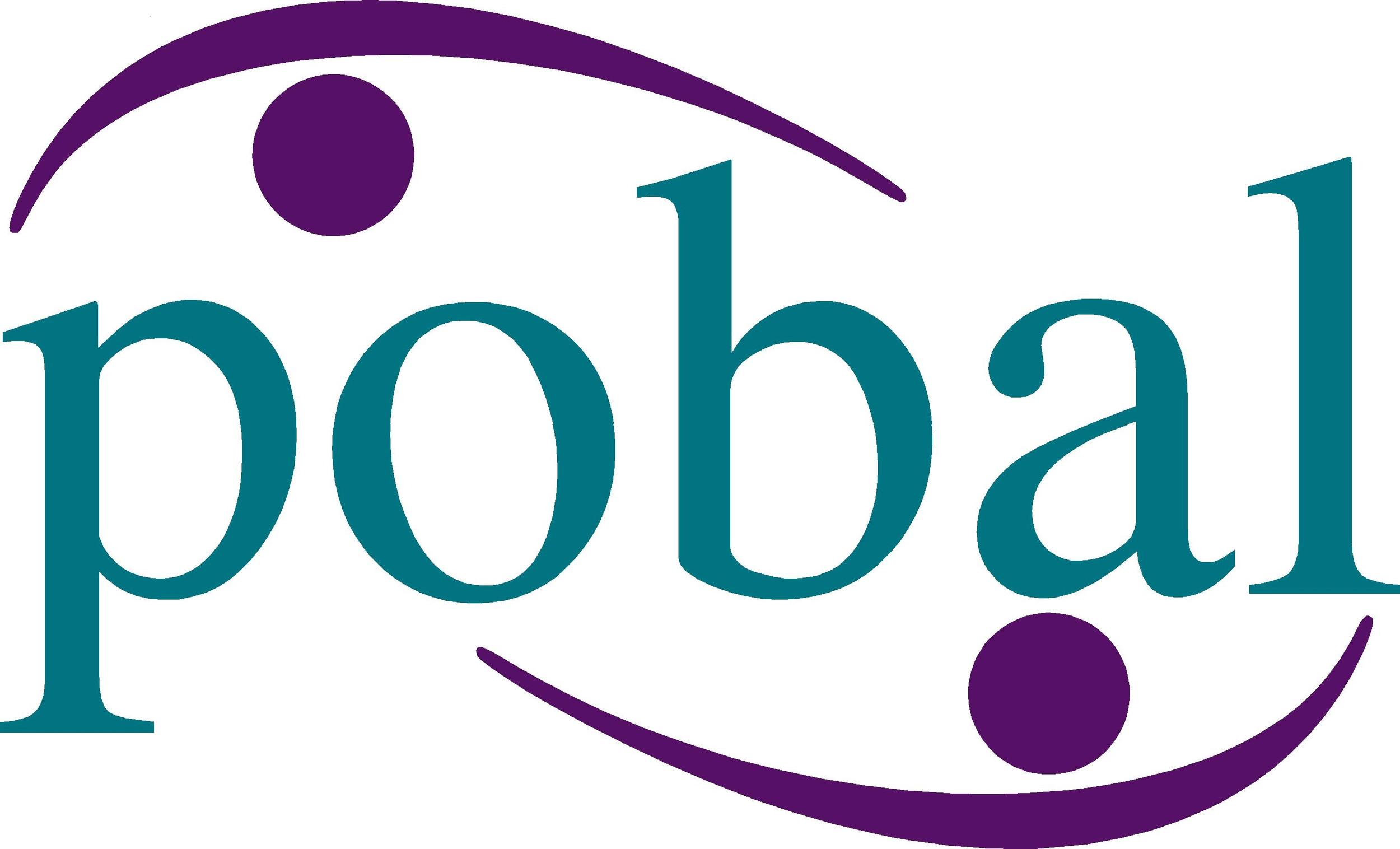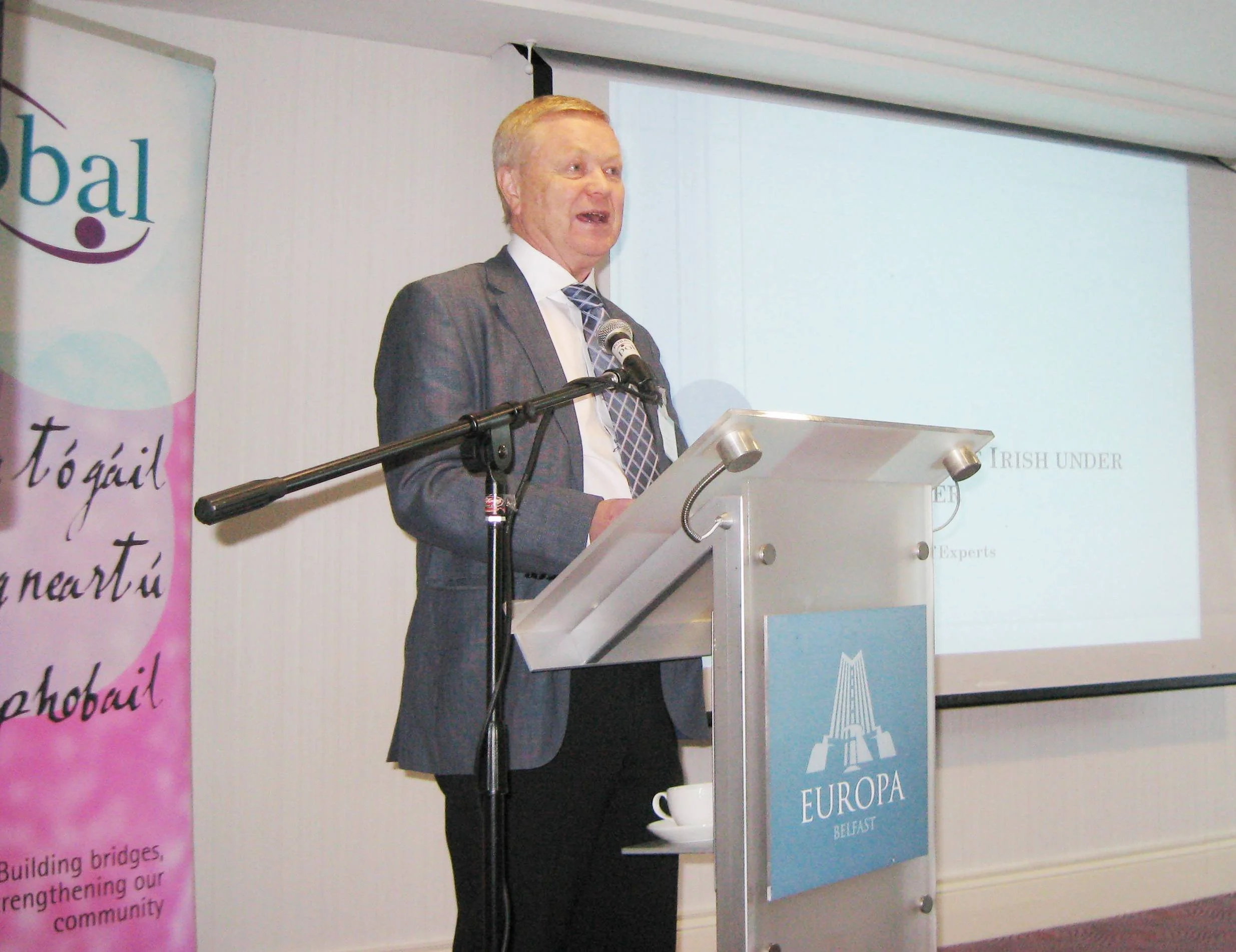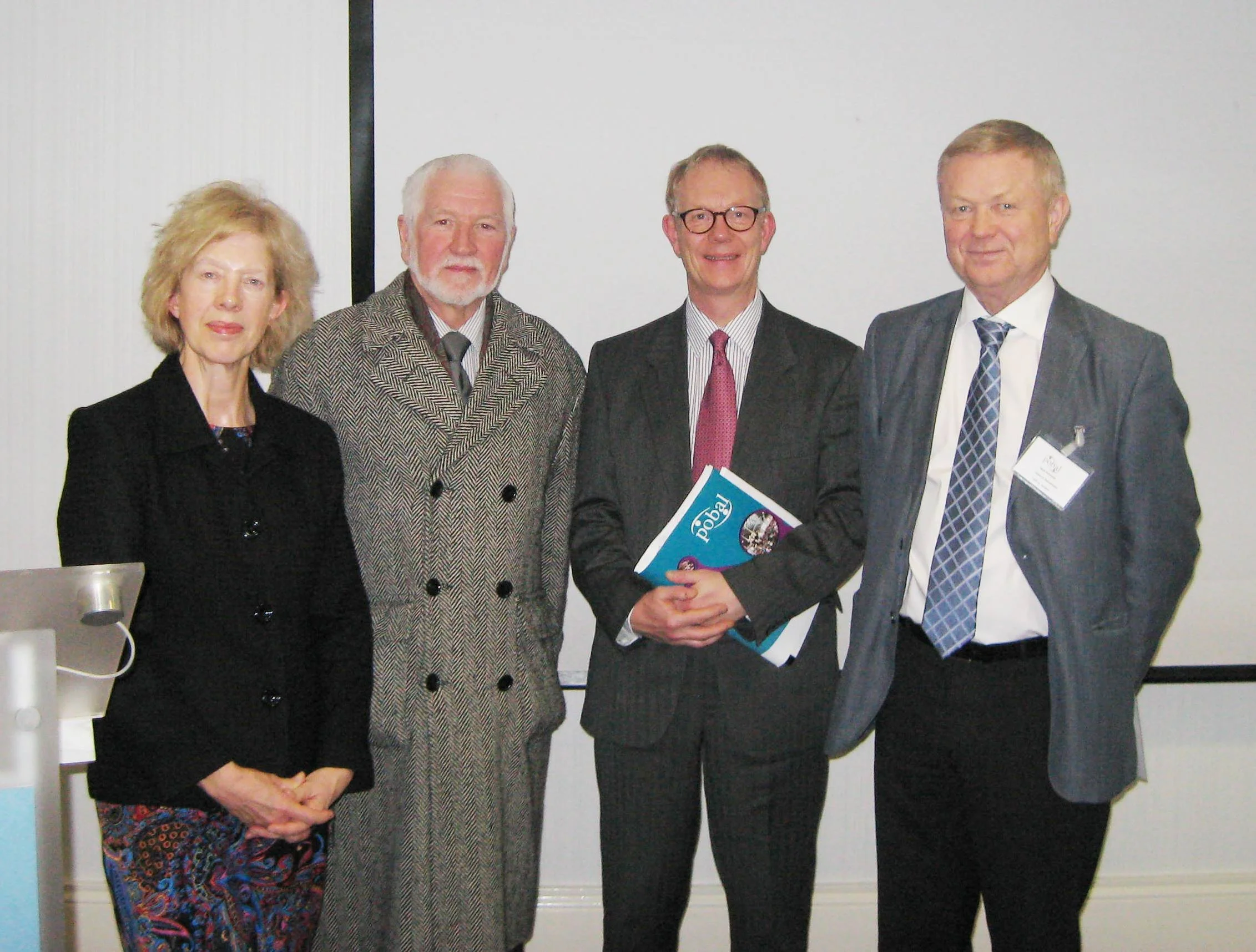
Cairt na hEorpa do Theangacha Réigiúnacha nó Mionlaigh
European Charter for Regional and Minority Languages

An Chairt Eorpach do Theangacha Réigiúnacha nó Mionlaigh / The European Charter for Regional or Minority Languages
Is í Cairt na hEorpa do Theangacha Réigiúnacha nó Mionlaigh de chuid Chomhairle na hEorpa an ionstraim idirnáisiúnta is suntasaí maidir le cosaint na Gaeilge arleibhéal na n-údarás áitiúil agus na gcomhlachtaí poiblí. Shínigh Rialtas na Ríochta Aontaithe an Chairt i 2000 agus dhaingnigh sé í i 2001. D’aithin sé an Ghaeilge faoiChuid II agus Chuid III na Cairte. Leagann Cuid III dualgais ar leith ar na forais poiblí i dtaca le seirbhísí agus aitheantas don Ghaeilge. Aithníodh Albanais Uladh faoiChuid II amháin. Tá ceangal ar na húdaráis phoiblí feidhmiú de réir na Cairte.
Déanann coiste neamhspleách, Coiste na Saineolaithe (COMEX) monatóireacht ar chur i gcrích na Cairte gach trí bliana. Glacann sé fianaise óRialtas na RA, ó airí an Tionóil, ó eagrais chearta daonna srl agus ó phríomheagraíochtaí Gaeilge (is Albainis Uladh). I gcomhar le Comhairle na nAirí, foilsíonn sé ansin a gcuid moltaí. Ó bhí2001 ann, d’aithin COMEX an rí-thábhacht atá leis na tuairiscí agus moltaí eiseamláireach a chur POBAL rompu, agus tionchar nach beag na heagraíochta ar fheidhmniúna Cairte don Ghaeilge.
The Council of Europe’s European Charter for Regional or Minority Languages is the key international instrument in relation to the protection of Irish and local authorities and public bodies. The UK Government signed the Charter in 2000 and ratified it in 2001. It recognised Irish under Part II and Part III of the Charter. Part III places specific duties on public bodies in relation to services and recognition for Irish. Ulster Scots was recognised under Part II only. Public bodies must operate in line with the Charter.
An independent committee, the Committee of Experts (COMEX) carries out monitoring on the implementation of the Charter every three years. They take evidence from the UK Government, Assembly ministers, human rights organisations and others, as well as from the key Irish language (and Ulster Scots) organisations. They and the Council of Ministers then make recommendations. Ever since 2001, COMEX has recognised the key significance and exemplary nature of the reports and proposals that POBAL has presented to them, and the organisation’s significant influence on the implementation of the Charter in respect of Irish.






